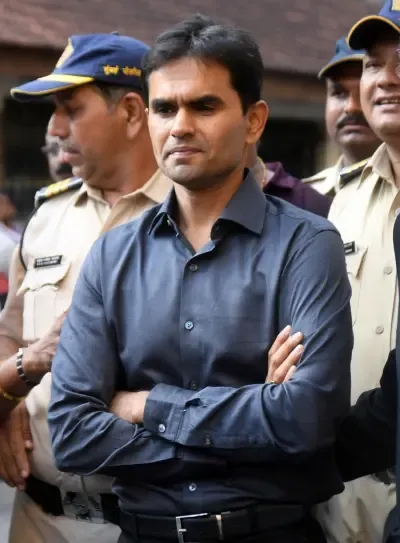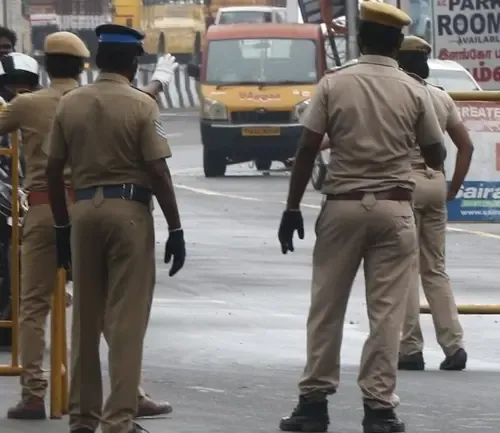Did Delhi HC Impose Rs 20K Cost on Centre for Concealing Facts in Sameer Wankhede Promotion Case?

Synopsis
Key Takeaways
- The Delhi High Court fined the Union government Rs 20,000.
- Wankhede's promotion was upheld following CAT's directive.
- Departmental proceedings against Wankhede were not disclosed.
- Wankhede is linked to the high-profile Cordelia Cruise drug case.
- The Centre has four weeks to comply with the court's order.
New Delhi, Oct 17 (NationPress) The Delhi High Court has recently levied a cost of Rs 20,000 on the Union government for failing to disclose important facts in its review petition regarding the promotion of Indian Revenue Service (IRS) officer and former NCB officer Sameer Dnyandev Wankhede. The court dismissed the Centre's review application, with a Bench comprising Justices Navin Chawla and Madhu Jain expressing disappointment over the government's conduct. They stated, "We expect that the petitioner as a State would disclose all facts truthfully before filing the petition. Hence, we dismiss the present review petition with a cost of Rs 20,000."
This case originated from a directive issued by the Central Administrative Tribunal (CAT) in December 2024, which instructed the Union government to unseal the cover containing Wankhede's promotion details. The CAT had determined that if the Union Public Service Commission (UPSC) endorsed his name, he should be promoted to the position of Additional Commissioner effective from January 2021.
On August 28, the Delhi High Court upheld the CAT's order, after which the government sought a review, asserting that departmental proceedings against Wankhede had commenced between the judgment's reservation on July 29 and its announcement on August 28.
In their ruling, the Justice Chawla-led Bench highlighted that the Centre neglected to present an order from the CAT dated August 2025, which had suspended the departmental proceedings against Wankhede. The Delhi High Court further noted that the CAT’s order was issued before the review petition was filed, yet the Union government opted not to disclose it.
Wankhede garnered public attention due to his involvement in the 2021 Cordelia Cruise drug case, which reportedly implicated actor Shah Rukh Khan’s son, Aryan Khan. Subsequently, Wankhede faced accusations of misconduct and allegations of possessing a forged caste certificate. The Delhi High Court has mandated the Centre to implement the CAT’s order and promote Wankhede, contingent upon a recommendation from the UPSC, within four weeks.









